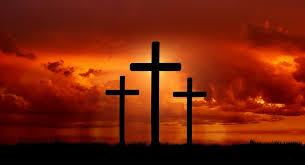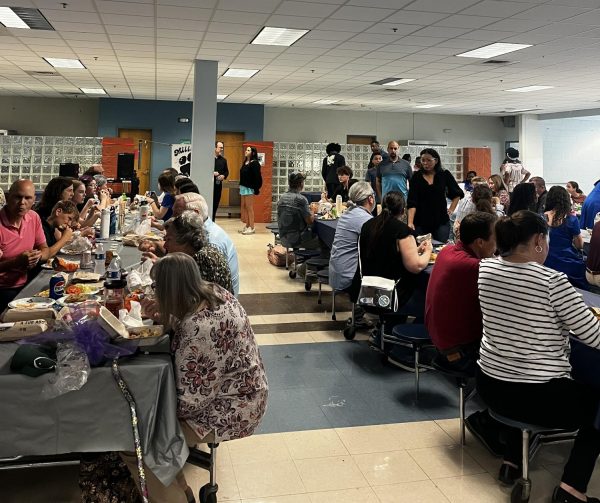Why Easter is Late This Year

Symbolizing the crucifixion and resurrection of Jesus Christ, these crosses reach the hearts of many Christians during the Easter season. The date of Easter is different every year as it is based on the Jewish Passover and the vernal equinox.
March 19, 2019
Those who are eager to celebrate Easter this year are going to have to keep their Easter baskets up in the closet for a little while longer! In 2018, Easter fell on April Fool’s Day, but this year Easter is not until Sunday, April 21. The change of the date of Easter also interferes with the dates of Ash Wednesday and Lent. Last year Ash Wednesday fell on the same day as Valentines Day, but in 2019 it was celebrated on March 6 which will cause Lent to come to a close on Thursday, April 18. Many others are left wondering every year the reason why Easter alternates from March to April. Keep reading to find out why March is coming to a close and Easter has not made it yet!
It all begins with Ash Wednesday, signaling that there are 40 days until Easter, marking the beginning of Lent. This is where Catholics give up something that has much earthly value to them as a form of penance. The main ritual of Ash Wednesday refers back to Genesis 3:19 (“For you are dust, and to dust you shall return”) while a priest will anoint congregants’ foreheads with ash from Palm Sunday, symbolizing Christ’s route to Jerusalem. Moreover, Lent acknowledges Christ and the 40 days that he spent in the wilderness, the Judaean Desert, after being baptized by John the Baptist.
This now brings us to the original question: Why does Easter alternate between months? And why is it falling so late this year? Easter celebrates the resurrection of Christ from the grave 3 days after his crucifixion and can occur in a large range of dates. When asked if the changing date of Easter bothered her, junior Sarah Allen responded, “The church calendar year really determines why Easter is on different days, but I would say it’s somewhat inconvenient that it changes every year,” which is a popular opinion. The date of Easter is said to have coincided with the vernal equinox, which is the day when the sun shines directly on the equator and every place on Earth experiences equal hours of daylight. The vernal equinox can occur between March 22 and April 25, therefore causing the extensive possibilities of days for Easter. This equinox signals the beginning of spring in the northern hemisphere, and here the Catholic church honors this day. The days following the Jewish Passover is when Jesus Christ died and rose again and is celebrated on the first full moon after the vernal equinox. To continue tradition, Christians wanted Easter to always take place after the Jewish Passover, therefore determining the large range of dates that Easter could possibly fall on.
In conclusion and to make it simpler, Easter falls on different dates each year because it is determined by the Jewish Passover, which is also tied to solar and lunar cycles of the moon. So all of the Easter freaks who can not wait to run outside and find those Easter eggs, you just are simply going to have to be a little more patient because, this year, Easter falls on April 21.












Lindsay nielsen • Mar 31, 2019 at 1:46 pm
Does it matter when Easter is?! Do we always have to compare the date with other years. You know you could always celebrate Easter on the wrong date considering that Easter eggs are in the store so early. You could just tell people I celebrated Easter on this day because I think that’s when Easter should be and you would not even get into any legal trouble or trouble from the church for celebrating Easter on a different date